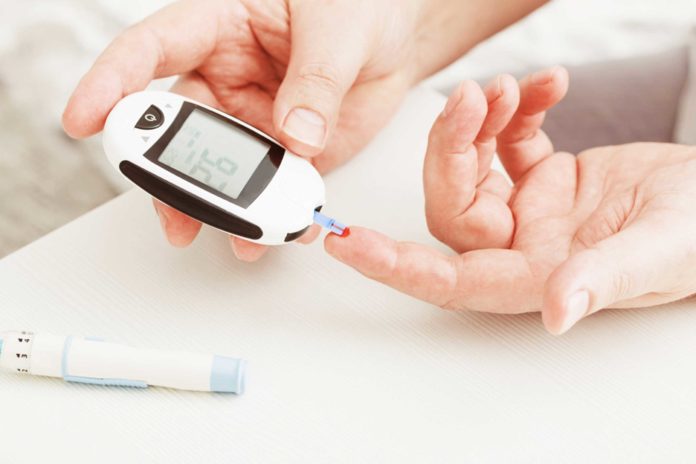These days, the term borderline diabetes is being heard about a lot. Borderline diabetes is also known as prediabetes, and it is a condition that develops before a person develops type 2 diabetes. Borderline diabetes is also known as impaired fasting glucose or glucose intolerance. This means that when one gets borderline diabetes, one’s blood sugar levels go higher than normal, but are not enough to be considered as diabetes.
When one gets prediabetes, one’s pancreas still produces enough insulin to respond to the ingested carbohydrates. Insulin is not effective enough in removing sugar from the bloodstream, and the blood sugar still remains in the body. This condition is called insulin resistance. Having prediabetes doesn’t assure the fact that you will suffer from diabetes, but it is a sort of warning as people who get prediabetes have a 5 to 15-fold higher risk of suffering from type 2 diabetes than people whose blood sugar levels are normal.
It has been found that only 10 percent of the people who suffer from prediabetes come to know about their condition as no symptoms show up. People who suffer from insulin resistance in its early stages develop type 2 diabetes when the condition prolongs too much.
Borderline diabetes risk factors
These are risk factors can increase your chances of developing prediabetes:
- being overweight or obese.
- being inactive
- high blood pressure
- high cholesteral
- having a close family member with type 2 diabetes
- giving birth to a baby weighing more than 9 pounds
Prediabetes can be a silent condition, so getting a regular wellness checkup is important for early detection. If you think you might have borderline diabetes, discuss your concerns with your doctor.
Untreated high blood glucose levels can affect our health and organ systems and also, make us vulnerable to various health risks and chronic health issues. The potential complications that may arise from uncontrolled diabetes are nerve damage, kidney damage, vision loss, and cardiovascular diseases, among many others.
A large, multi center research study called the Diabetes Prevention Program looked into how lifestyle changes could help prevent diabetes. What they found should give you a lot of hope. With modest weight loss and exercise, study participants reduced their risk of developing diabetes by 58 percent over three years. The power of healthy food and exercise habits can’t be overstated. Take charge of your health by focusing on simple dietary and lifestyle changes.
Start any diet and lifestyle changes today. It’ll give you the best chance of preventing diabetes in the first place while also avoiding any potential complications from uncontrolled diabetes.

























